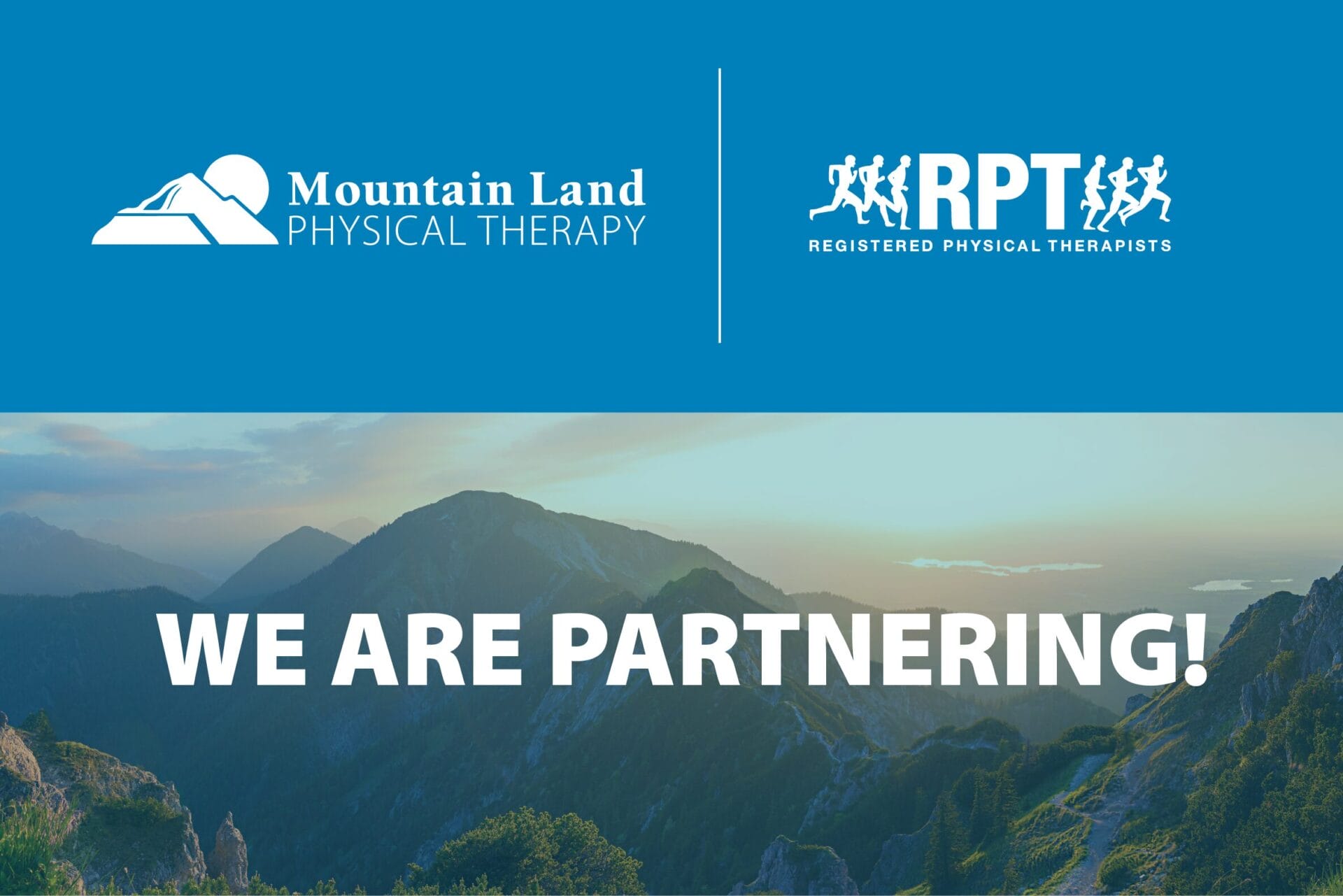When it comes to running, there is a wealth of information, advice, and myths circulating among enthusiasts and beginners alike. These myths often lead to confusion and may even deter individuals from taking up this fantastic form of exercise. In this blog post, we’re here to set the record straight on some common running myths, using evidence-based research to reveal the truth.
Myth 1: Don’t run on hard surfaces like cement or pavement; it hurts your joints.
Truth: Research shows that the running surface doesn’t significantly affect the risk of injury. Proper running form and footwear matter more.
Running on hard surfaces like concrete or pavement is a common myth believed to damage joints, especially the knees. However, numerous studies disprove this idea, as your body adapts to different surfaces, reducing the risk of injury. Prioritize proper running form and footwear for injury prevention.
Myth 2: You’re not stretching enough before or after your run.
Truth: While stretching is important, excessive stretching may not reduce the risk of injury. Focus on a proper warm-up and maintaining good running mechanics.
Stretching is often seen as vital for runners, believed to prevent injuries and boost performance. However, research suggests that excessive stretching may not reduce injury risk. Instead, prioritize thorough warm-ups and good running mechanics for better protection.
Myth 3: Running barefoot is better than running in shoes.
Truth: Proper running mechanics, whether barefoot or in shoes, are what truly matter for injury prevention. Choose the right footwear for your style.
The minimalist running movement gained popularity by promoting the idea that running barefoot or in minimalist shoes is a healthier, more natural option compared to traditional running shoes. While barefoot running can encourage a different style, it’s not inherently superior. Injury prevention depends on maintaining proper running mechanics, irrespective of footwear. Choosing the right footwear for your running style and necessary support is essential.
Myth 4: Running is bad for your knees and causes osteoarthritis.
Truth: Studies reveal that the frequency of osteoarthritis is similar among runners and non-runners. Running can even have protective effects when done correctly.
One enduring myth claims that running harms the knees and leads to osteoarthritis, deterring potential runners. However, studies show that osteoarthritis rates are similar for runners and non-runners. Properly executed, running can even strengthen the knee joint muscles and reduce osteoarthritis risk.
It’s important to base your running habits on evidence-based information rather than common myths. Running on different surfaces, stretching, footwear choices, and potential knee damage should all be approached with a focus on good running mechanics, moderation, and a balanced fitness routine. By separating fact from fiction, you can enjoy the numerous benefits of running while minimizing the risk of injury and discomfort. See our Running Experts at MLPT and listen to our Running Medicine Podcast!










